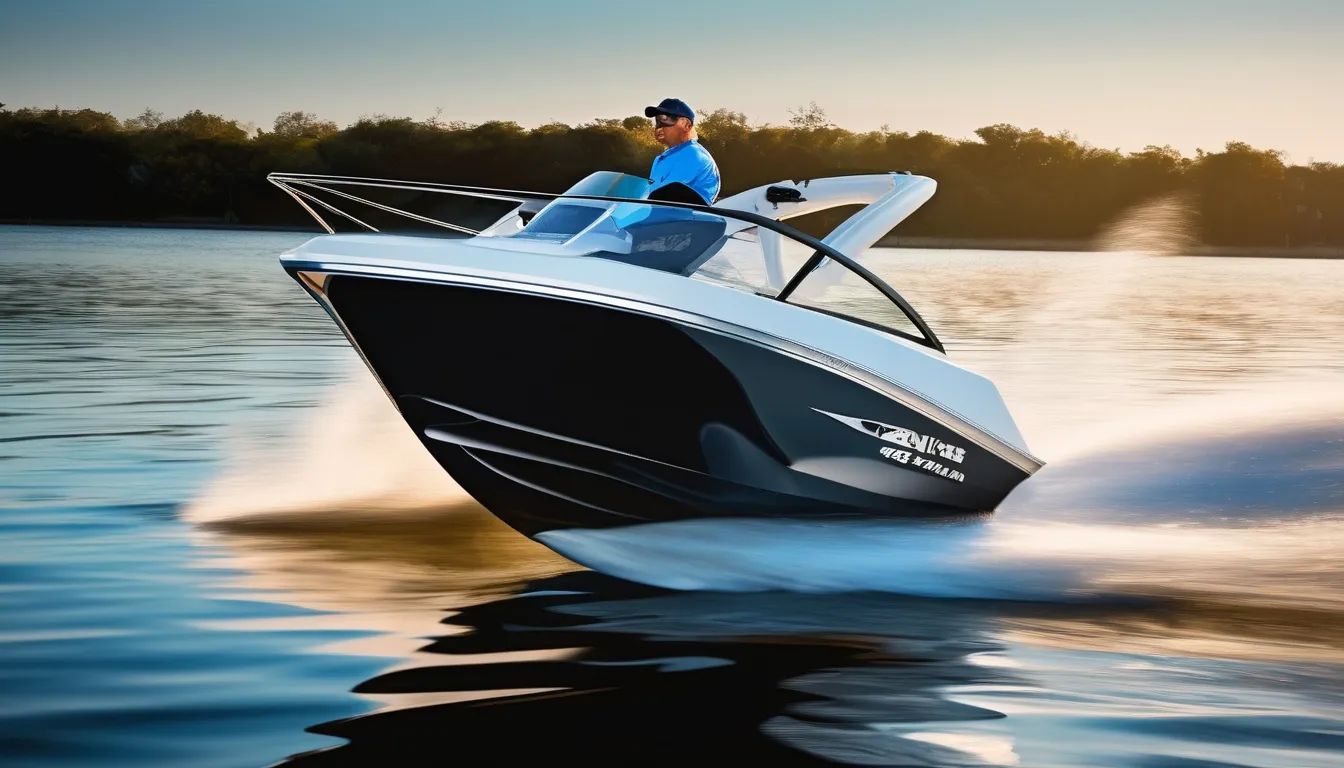
When buying an outboard engine online, you’re taking on a significant investment that requires careful consideration. You’ve likely spent years customizing your boat to meet your needs, and the wrong engine can compromise its performance and value. Before making a purchase, you’ll need to understand your boat’s specific requirements, including its length, beam, and draft. But that’s just the beginning – you’ll also need to navigate the complexities of engine performance metrics and brand comparisons. What are the key factors you should be looking for, and how can you ensure you’re making the right choice for your vessel?
Understand Your Boat Requirements
When buying an outboard engine online, it’s essential to consider your boat’s specific requirements before making a purchase. You’ll need to assess your boat’s size, weight, and the type of activities you’ll be using it for.
Consider the boat’s length, beam, and draft to determine the required horsepower and thrust of the outboard engine.
You should also consider the boat’s hull design, as some hulls are designed for specific types of outboard engines. Additionally, think about the weight capacity of your boat and the number of people you’ll be carrying.
You’ll also need to check the boat’s transom height to ensure it’s compatible with the outboard engine you choose.
Furthermore, consider the propeller size and style that will work best with your boat. It’s also crucial to check the electrical system of your boat to ensure it can handle the power requirements of the outboard engine.
Choosing the Right Engine Type
Choosing the right engine type is crucial to ensure your boat performs optimally and safely. You’ll need to consider your boat’s requirements, as well as your budget and personal preferences. The main types of outboard engines are two-stroke and four-stroke, each with its pros and cons.
| Engine Type | Description |
|---|---|
| Two-Stroke | Lightweight, simple design, and lower upfront cost |
| Four-Stroke | More fuel-efficient, quieter, and lower emissions |
| Electric | Zero emissions, quiet operation, and lower maintenance |
| Gasoline-Powered | High power output, wide availability of fuel |
| Diesel-Powered | Higher torque output, longer engine life |
When choosing the right engine type, consider the size and weight of your boat, as well as the type of activities you’ll be using it for. For example, if you’ll be fishing or cruising, a four-stroke engine may be a good choice due to its quieter operation and lower emissions. If you’ll be racing or water-skiing, a gasoline-powered engine may be a better option due to its high power output.
Evaluating Engine Performance Metrics
Engine performance metrics are critical factors to consider when buying an outboard engine online. You’ll want to evaluate the engine’s horsepower, which determines its speed and ability to handle your boat’s size and weight.
Consider the engine’s power-to-weight ratio, as a lighter engine with more power can improve your boat’s overall performance. Also, think about the engine’s torque, which affects its ability to propel your boat at low speeds and in heavy loads.
When evaluating engine performance, you should also consider the engine’s RPM range, as it affects your boat’s speed and fuel efficiency. Look for an engine with a wide RPM range to ensure it can handle various boating conditions.
Additionally, check the engine’s fuel efficiency, as it can significantly impact your boating costs. Check the engine’s fuel type and consumption rate to ensure it meets your needs. By carefully evaluating these engine performance metrics, you can make an informed decision when buying an outboard engine online.
Researching Brands and Models
Now that you’ve evaluated engine performance metrics, it’s time to apply that knowledge by researching brands and models that meet your specific needs. Start by making a list of outboard engines that match your required horsepower, fuel type, and any other essential features. Look for brands known for producing high-quality engines, such as Yamaha, Mercury, or Suzuki.
Next, research the models on your list by reading reviews and comparing their features.
Check the engine’s weight, size, and design to ensure it will fit on your boat. Also, consider the type of propeller and gear ratio you need, as these can greatly affect the engine’s performance.
Additionally, look for any certifications or compliance with emissions regulations, such as EPA or EU standards. Be sure to check the engine’s warranty and maintenance requirements, as these can also impact your overall cost of ownership.
By carefully researching brands and models, you can narrow down your options and find the best outboard engine for your needs.
Consider factors like fuel efficiency, reliability, and durability to make an informed decision.
Checking Engine Compatibility
Before investing in an outboard engine, it’s crucial to confirm that it’s compatible with your boat. This ensures a smooth installation process and optimal performance. To check compatibility, you’ll need to consider several factors, including the boat’s transom height, the distance between the transom and the propeller, and the boat’s maximum weight capacity.
| Boat Specification | Engine Requirement | Compatibility Check |
|---|---|---|
| Transom height | Engine shaft length | Measure transom height and match with engine shaft length |
| Transom width | Engine mounting width | Ensure engine mounting width fits transom width |
| Maximum weight capacity | Engine weight | Calculate total weight of engine and ensure it’s within boat’s capacity |
| Propeller clearance | Engine propeller clearance | Measure clearance between transom and propeller to ensure smooth operation |
When checking engine compatibility, you’ll also need to consider the type of boat and its intended use. For example, a fishing boat requires a more powerful engine than a recreational boat. By carefully evaluating these factors, you can ensure that the outboard engine you choose is compatible with your boat and meets your needs.
Frequently Asked Questions
What Is the Return Policy for Online Outboard Engine Purchases?
You’ll want to know the return policy for online outboard engine purchases. Always review the seller’s return and exchange policies before buying, as it varies by retailer, and factor in restocking fees and shipping costs.
Can I Get a Warranty for My Outboard Engine Purchase?
You’ll likely get a standard warranty for your outboard engine purchase, but check the seller’s policy. They may offer extended warranties or manufacturer-backed protection plans that you can buy Suzuki 150 HP EFI ’21 for sale online extra peace of mind.
Do I Need a Specific License to Operate an Outboard Engine?
When operating an outboard engine, you’ll need a boating safety certificate in some states, while others require a specific license, depending on the engine’s horsepower and your age – check your local regulations to confirm.
How Do I Transport an Outboard Engine Safely?
When transporting an outboard engine, you’ll want to secure it properly to prevent damage. You’ll need a suitable trailer or dolly, and make sure to tie it down tightly to prevent shifting during transit.
Can I Get Technical Support for My Outboard Engine Online?
You’re likely to find online technical support for your outboard engine through the manufacturer’s website or authorized dealers’ sites. Many offer FAQs, manuals, and contact forms, and some even provide live chat or phone support options.
Conclusion
You’ve done your research and now you’re ready to make a purchase. Remember, buying an outboard engine online requires careful consideration. You’ve determined your boat’s requirements, chosen the right engine type, evaluated performance metrics, researched brands and models, and checked compatibility. With this knowledge, you can confidently select an engine that meets your needs, ensuring optimal performance and a safe boating experience. Make your purchase with confidence, knowing you’ve made an informed decision.


